Docker
What is Docker?
Docker, a subset of the Moby design, is a software framework for structure, running, and managing
containers on servers and the cloud. The term" docker" may relate to either the tools( the commands
and a daemon) or to the Dockerfile train format.
It used to be that when you took to run a web application, you bought a server, installed Linux,
set up a LAMP stack, and ran theapp.However, you rehearsed good load balancing by setting up a
alternate server to assure the operation wouldn't crash from overly much traffic, If your app got
popular.
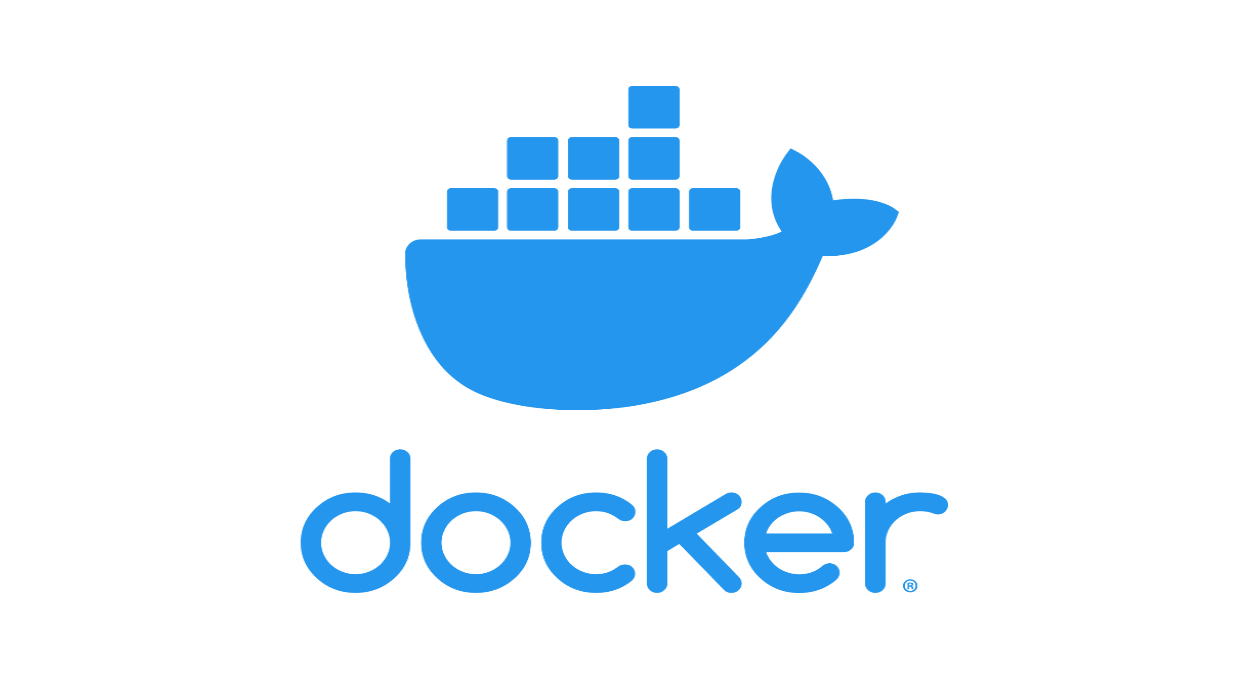
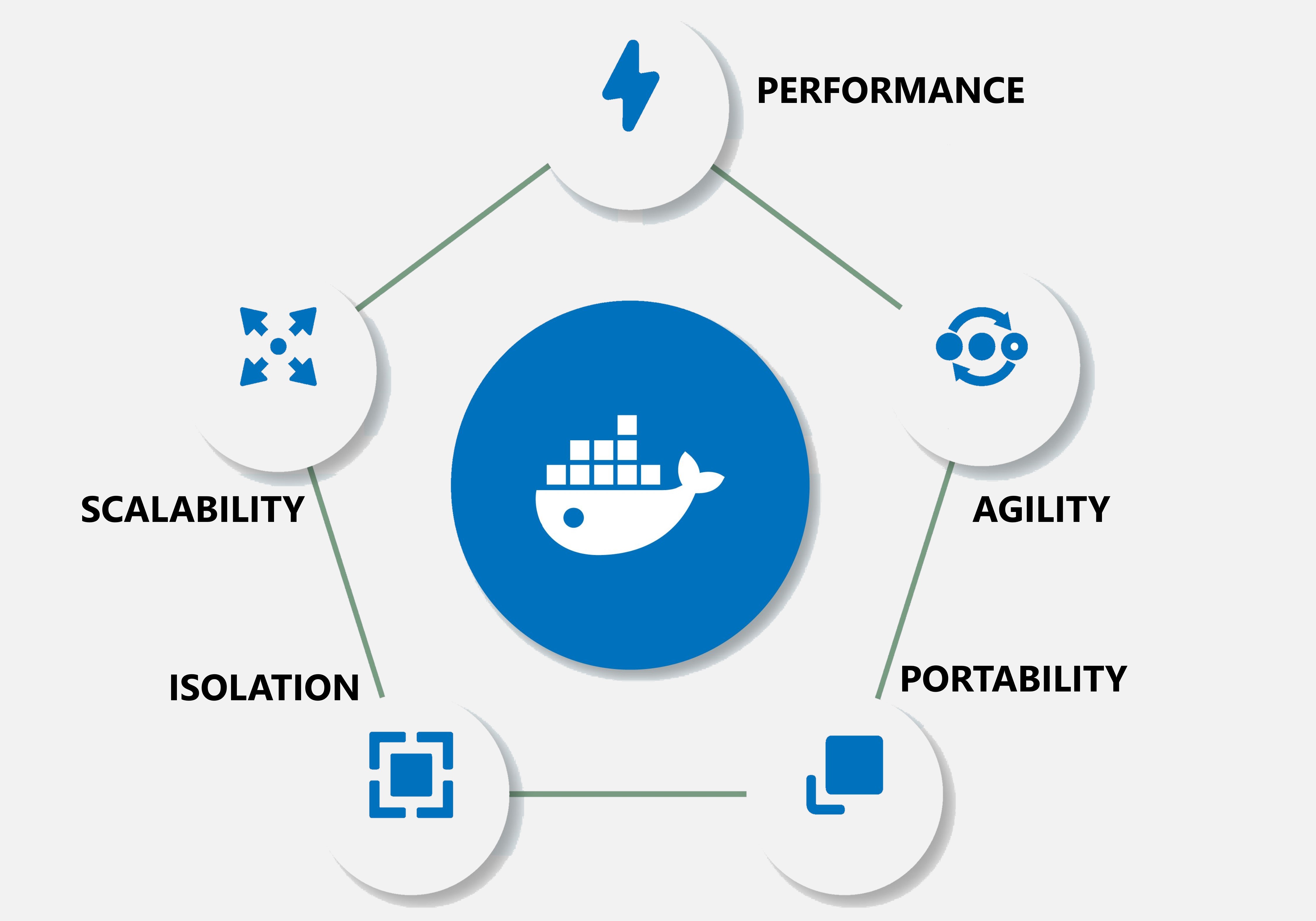
Benefits of Docker
- Rapid application deployment: containers include the minimum runtime requirements of the operation, downgrading their size and permitting them to be deployed rapidly .
- Portability across machines: an operation and all its dependencies can be bundled into a single container that's independent from the host account of Linux kernel, platform division, or deployment model. This container can be transfered to another machine that runs Docker, and executed there without comity issues.
- Version control and component reuse: you can track succeeding performances of a container, check differences, or roll- back to former performances. Containers reuse factors from the preceding layers, which makes them noticeably light.
- Sharing: you can use a remote depository to partake your vessel with others. Red Hat provides a registry for this purpose, and it's also possible to configure your own nonpublic repository.
- Lightweight footprint and minimal overhead: Docker images are generally veritably small, which facilitates rapid-fire delivery and reduces the time to deploy new operation containers.
- Simplified maintenance: Docker reduces trouble and threat of problems with operation dependencies.

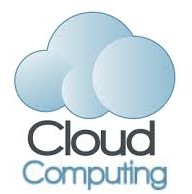 Cloud computing
Cloud computing AWS
AWS DevOps
DevOps Terraform
Terraform Google Cloud Platform
Google Cloud Platform Ansible
Ansible Kubernetes
Kubernetes Docker
Docker Jenkins
Jenkins Robotic Process Automation
Robotic Process Automation Power Platform
Power Platform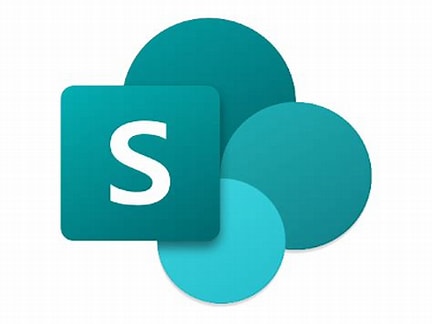 SharePoint
SharePoint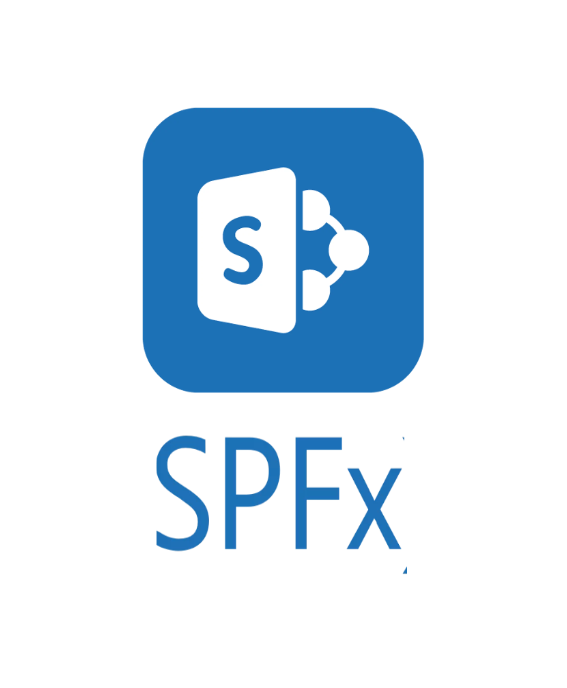 SPFx
SPFx  PHP
PHP Data Science
Data Science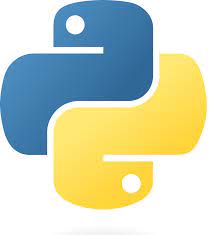 Python
Python React JS
React JS